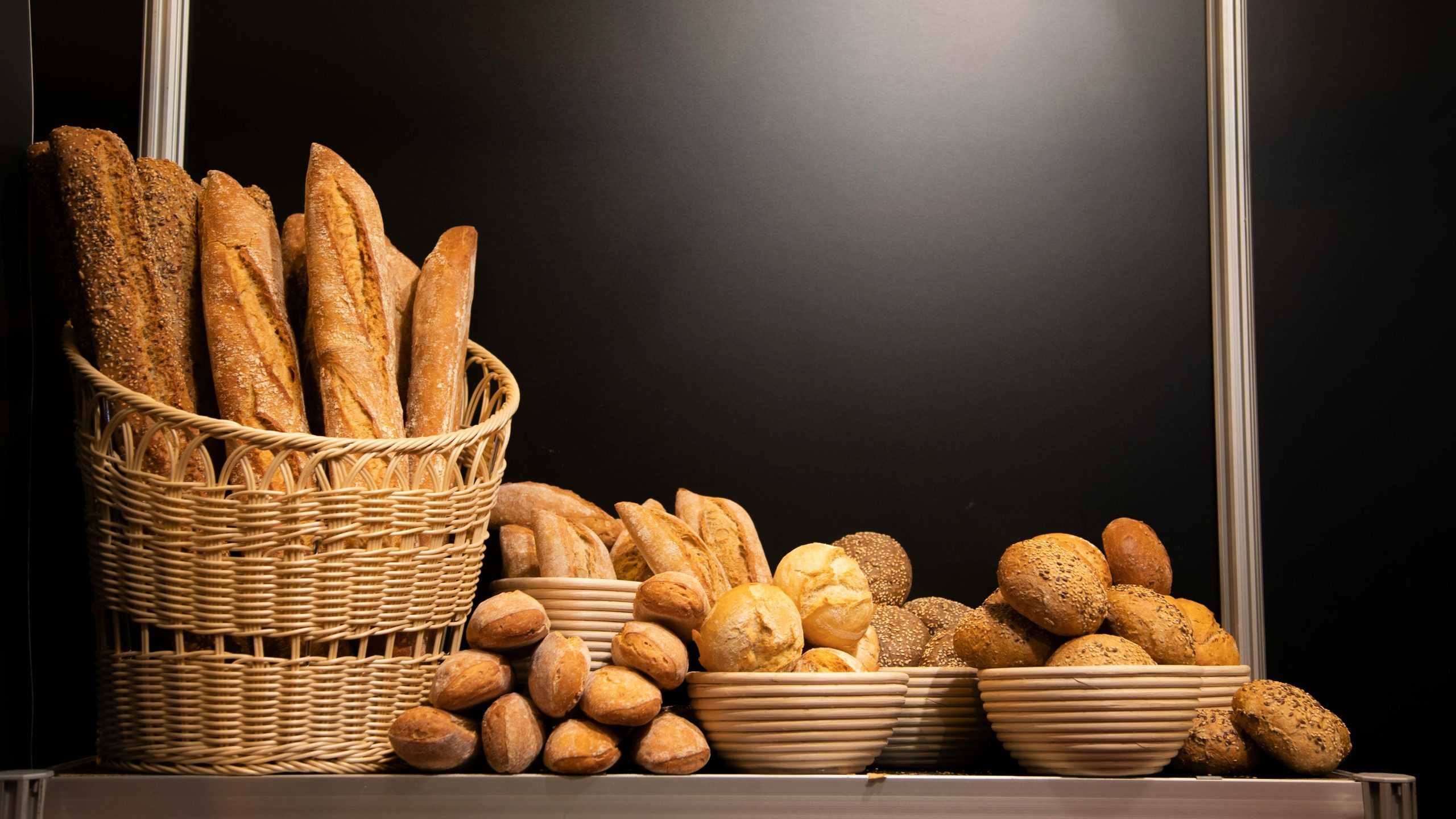Buying in bulk is often celebrated as a cornerstone of frugal living. Warehouse clubs and bulk aisles promise significant savings on the per-unit cost of groceries and household goods. When done strategically, this can be an effective way to lower expenses. However, bulk purchasing can easily backfire. It can lead to massive waste if not approached with careful planning and realism. The initial savings are completely negated if the products spoil, degrade, or go unused. Here are 10 common scenarios where buying in bulk often leads to wasted money and resources.

1. Buying Perishable Produce in Large Flats
The scenario: A huge flat of beautiful strawberries or a massive bag of avocados is on sale at a great price. Why it leads to waste: These items have a very short window of optimal ripeness and freshness. Unless you are preparing for a large event or have a solid plan to immediately process the excess (by freezing, canning, or dehydrating), a significant portion of the produce is likely to mold or spoil before a small household can consume it all.
2. Purchasing Condiments and Sauces Used Infrequently
The scenario: You see a giant, two-pack of a specialty barbecue sauce, unique marinade, or exotic condiment at a warehouse club. Why it leads to waste: For sauces and condiments that you don’t use on a weekly basis, a large bottle can sit in your refrigerator or pantry for months, or even years. Over time, they can lose their flavor, separate, or expire. Committing to a huge quantity of a non-staple sauce often means throwing most of it away later.
3. Stocking Up on Whole Grains and Nuts Without Proper Storage
The scenario: You buy a 25-pound bag of brown rice or a massive container of walnuts to save money per pound. Why it leads to waste: Whole grains and nuts contain natural oils that can go rancid over time, especially when exposed to heat and air. Without transferring these bulk buys into smaller, airtight containers and storing them in a cool, dark place (or the freezer for nuts and whole grain flours), they can develop an unpleasant taste and spoil long before you finish them.
4. Buying “Healthy” Snack Foods in Bulk
The scenario: You decide to commit to a healthier lifestyle and buy a giant box of protein bars or several bags of kale chips. Why it leads to waste: Having a huge quantity of any snack food, even a healthy one, can encourage overconsumption. Furthermore, if you discover you don’t enjoy the taste of that specific protein bar or snack, you are now stuck with a massive supply of unwanted food that will likely expire or be thrown out.
5. Purchasing Spices in Huge Containers
The scenario: You find a giant shaker of paprika or oregano for a price that seems much cheaper per ounce than the tiny grocery store jars. Why it leads to waste: Ground spices lose their potency and flavor relatively quickly. While a huge container might last for years, for most of that time, you will be using stale, flavorless spice. This degrades the quality of your cooking. It’s better to buy smaller quantities of fresh spices that you’ll use within a year.
6. Committing to a New Product in a Large Size
The scenario: You want to try a new type of coffee, cereal, or laundry detergent, and see if the “best value” is the largest bulk size available. Why it leads to waste: This is a classic bulk-buying mistake. If you try the new product and dislike it – the taste, the scent, the way it performs – you are now stuck with a huge quantity that you won’t use. Always try a new product in its smallest available size first.
7. Buying Too Much Bread or Bakery Items to Freeze

The scenario: The warehouse club sells a two-pack of large loaves of bread or a huge box of croissants at a great price. Why it leads to waste: While freezing bread works, freezer space is finite and valuable. If not wrapped perfectly airtight, bread can easily develop freezer burn and a stale texture. Overloading your freezer with more bread than you can use in a reasonable time (a few months) often leads to discarding freezer-worn loaves later.
8. Stockpiling Cleaning Supplies That Degrade Over Time
The scenario: You buy several gallon-sized jugs of liquid bleach or disinfectant wipes because they are on sale. Why it leads to waste: Liquid bleach has a surprisingly short shelf life, losing its disinfecting potency significantly after about 6-12 months. Some disinfectant wipes can dry out over time. Buying more than you can use within their effective period means you’ll eventually be cleaning with a less effective product.
9. Getting Tempted by Bulk Candy or Treats
The scenario: That enormous bag of assorted chocolates or jumbo tub of cheese puffs seems perfect for parties or movie nights. Why it leads to waste (and other costs): Having a massive supply of treats on hand can lead to mindless overeating. For items like chocolate, they can develop a white “bloom” over time, affecting texture. The initial savings can have hidden health costs or lead to waste when you eventually get tired of the item.
10. Purchasing Items with Limited Lifespans You Can’t Track
The scenario: You buy huge quantities of items where freshness is key but hard to track, like cooking oils or some beauty products. Why it leads to waste: That gallon jug of vegetable oil might seem like a good deal, but once opened, it begins to degrade and can go rancid. Similarly, lotions or sunscreens bought in bulk can expire before use. For these items, buying a size you’ll use within its recommended period is more important than the per-ounce cost.
Selective Bulk Buying is Smart Buying
Bulk purchasing is a powerful tool for saving money, but it requires strategy and self-awareness. It’s most effective for true non-perishables and items your household uses consistently and quickly. Before committing to a large quantity, honestly evaluate your storage space, consumption habits, and the product’s true shelf life and stability. Avoiding these common scenarios where bulk buys lead to waste will ensure that your efforts to save money are successful, keeping both your budget and your pantry in good health.
What bulk purchases have you made that ended up being a waste of money? What are your personal rules for deciding whether to buy a large quantity of an item? Share your experiences!
Read More
6 Potential Downsides of Buying Bulk Rice (And When It Makes Sense)
12 Foods You Should Always Buy in Bulk
The post 10 Common Scenarios Where Bulk Purchasing Leads to Massive Waste appeared first on Grocery Coupon Guide.







